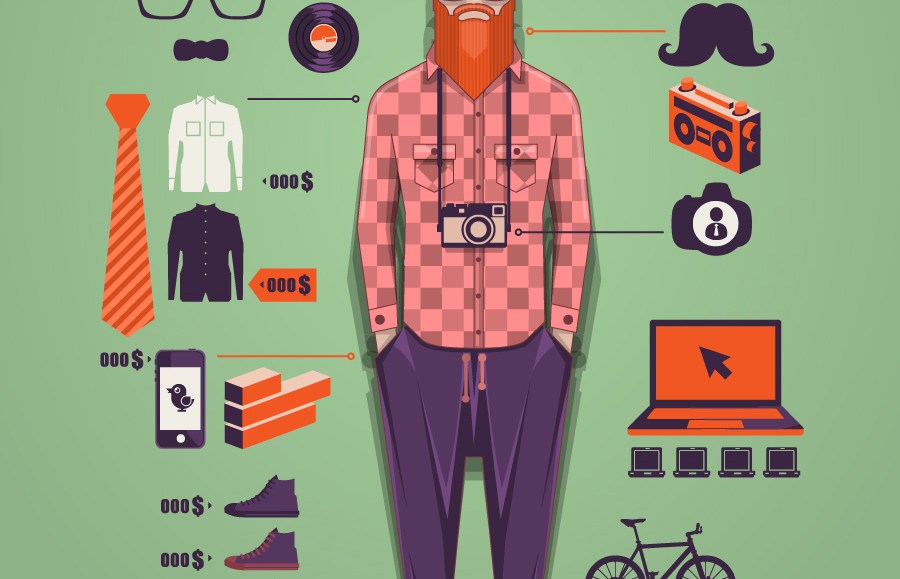Save 50% on a 3-month Digiday+ membership. Ends Dec 5.

Like all new generations, millennials are often misunderstood. The rap on them is they’re serial oversharers in constant need of acknowledgment and feedback.
And, of course, some of that is true. But it’s just as true that this newest generation is an optimistic bunch who are trying to make the best of the economic climate and tough job market.
Here are 15 interesting stats about the coveted class of consumers who are also your employees.
There are about 79 million millennials in the U.S., versus the 48 million Generation Xers (born between 1965 and 1980). (ComScore)
Millennials will make up 50 percent of the U.S. workforce by 2030. (Bureau of Labor Statistics)
23 percent of companies reported having heavy contact with parents of millennial employees. (Collegiate Employment Research Institute)
4 percent of employers involved reported parents attended their children’s job interviews. (CERI)
31 percent of employers involved reported parents submitted resumes on behalf of their offspring. (CERI)
27 percent of millennials are self-employed. (The Millennial Generation Research Review)
80 percent of millennials sleep with their phones next to their beds. (The Millennial Generation Research Review)
Millennials send about 20 texts per day. (Pew Social Trends)
15 percent of millennials, versus 7 percent of Gen Xers at a similar stage of life, said having a high-paying career is important. (The Millennial Generation Research Review)
The purchasing power of millennials is estimated to be $170 billion per year. (ComScore)
Millennial unemployment rate in January 2013 increased to the highest rate recorded for this demographic to 13.1 percent versus the national average of 7.1 percent. (U.S. Department of Labor.)
56 percent of millennials think technology helps people use their time more efficiently. (Pew Social Trends)
14 percent of millennials use Twitter. (Pew Social Trends)
31 percent of millennials said they earn enough money to lead the kind of life they want, versus 46 percent of Gen Xers. (Pew Social Trends)
41 percent of millennials have no landline at home and rely on their cellphones for communication. (Pew Social Trends)
More in Marketing

Ulta, Best Buy and Adidas dominate AI holiday shopping mentions
The brands that are seeing the biggest boost from this shift in consumer behavior are some of the biggest retailers.

U.K. retailer Boots leads brand efforts to invest in ad creative’s data layer
For media dollars to make an impact, brands need ad creative that actually hits. More CMOs are investing in pre- and post-flight measurement.
Ad position: web_bfu
